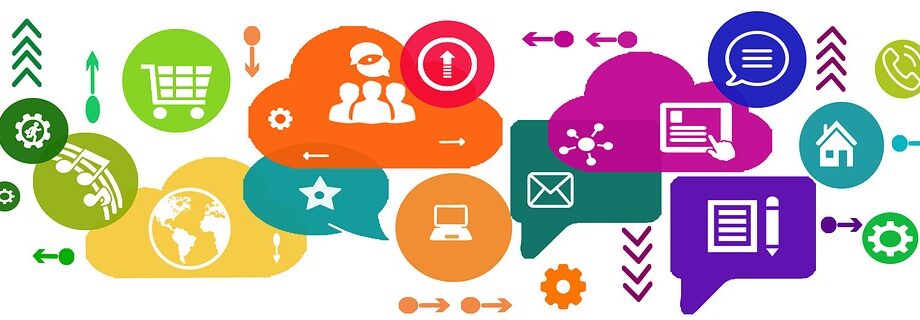The Rise of AI: Transforming Industries and Everyday Life
Artificial Intelligence (AI) is no longer a futuristic concept confined to science fiction; it has become an integral part of our daily lives and is reshaping industries across the globe. From healthcare to finance, retail to transportation, AI technologies are driving efficiency, enhancing decision-making, and creating unprecedented opportunities for innovation.
The Evolution of AI
The journey of AI began in the mid-20th century with the exploration of machine learning and neural networks. Over the decades, advancements in computational power, data availability, and algorithmic sophistication have propelled AI from theoretical research into practical applications. The introduction of deep learning and natural language processing has catalyzed AI’s growth, enabling machines to understand and generate human language, recognize patterns, and make predictions with remarkable accuracy.
Transforming Industries
AI’s impact on various sectors is profound, leading to enhanced productivity, reduced costs, and improved customer experiences. Here are a few key industries transformed by AI:
1. Healthcare
AI is revolutionizing healthcare by improving diagnostics, personalizing treatment plans, and streamlining administrative processes. Machine learning algorithms analyze medical images, detecting diseases such as cancer at earlier stages than traditional methods. AI-powered chatbots assist patients in scheduling appointments and providing medical information. Furthermore, predictive analytics helps healthcare providers to anticipate patient needs and optimize resource allocation.
2. Finance
In the finance sector, AI is enhancing risk assessment, fraud detection, and customer service. Algorithms analyze vast amounts of financial data to identify anomalies that could indicate fraudulent activity. Robo-advisors use AI to offer personalized investment advice based on individual risk profiles and market trends. These innovations not only improve financial security but also make financial services more accessible to a broader audience.
3. Retail
The retail industry has embraced AI to optimize inventory management, personalize shopping experiences, and enhance supply chain efficiency. AI algorithms analyze consumer behavior to recommend products tailored to individual preferences, driving sales and customer loyalty. Additionally, AI-driven analytics help retailers forecast demand, ensuring that stock levels align with consumer needs, thus minimizing waste and maximizing profitability.
4. Transportation
AI is at the forefront of transforming transportation, particularly with the development of autonomous vehicles. Self-driving cars utilize AI to navigate and make real-time decisions, improving safety and reducing traffic congestion. In logistics, AI optimizes routing and delivery schedules, enhancing efficiency in supply chain operations. These advancements promise not only to revolutionize personal transportation but also to reshape urban planning and infrastructure.
Enhancing Everyday Life
Beyond industry applications, AI is increasingly woven into the fabric of everyday life. Virtual assistants like Siri, Alexa, and Google Assistant help users manage tasks, control smart home devices, and access information with ease. Social media platforms leverage AI algorithms to curate personalized content, ensuring users remain engaged. Additionally, AI is revolutionizing entertainment through recommendation systems that suggest movies, music, and games based on user preferences.
Challenges and Considerations
Despite its numerous benefits, the rise of AI also presents challenges that society must address. Ethical considerations surrounding privacy, security, and bias in AI algorithms are paramount. As AI systems become more autonomous, questions about accountability and decision-making arise. Furthermore, the potential for job displacement due to automation necessitates a proactive approach to workforce retraining and education.
The Future of AI
As AI technology continues to evolve, its potential to transform industries and enhance everyday life is limitless. The future will likely see even greater integration of AI into our daily routines, driving innovation and efficiency. However, it is crucial that we navigate the ethical and social implications of this technology responsibly, ensuring that AI serves as a tool for positive change and inclusive growth.
In conclusion, the rise of AI is not just a technological revolution; it is a cultural shift that redefines how we live and work. As we embrace this transformative force, it is essential to foster a collaborative dialogue among technologists, policymakers, and the public to shape a future where AI benefits all.
